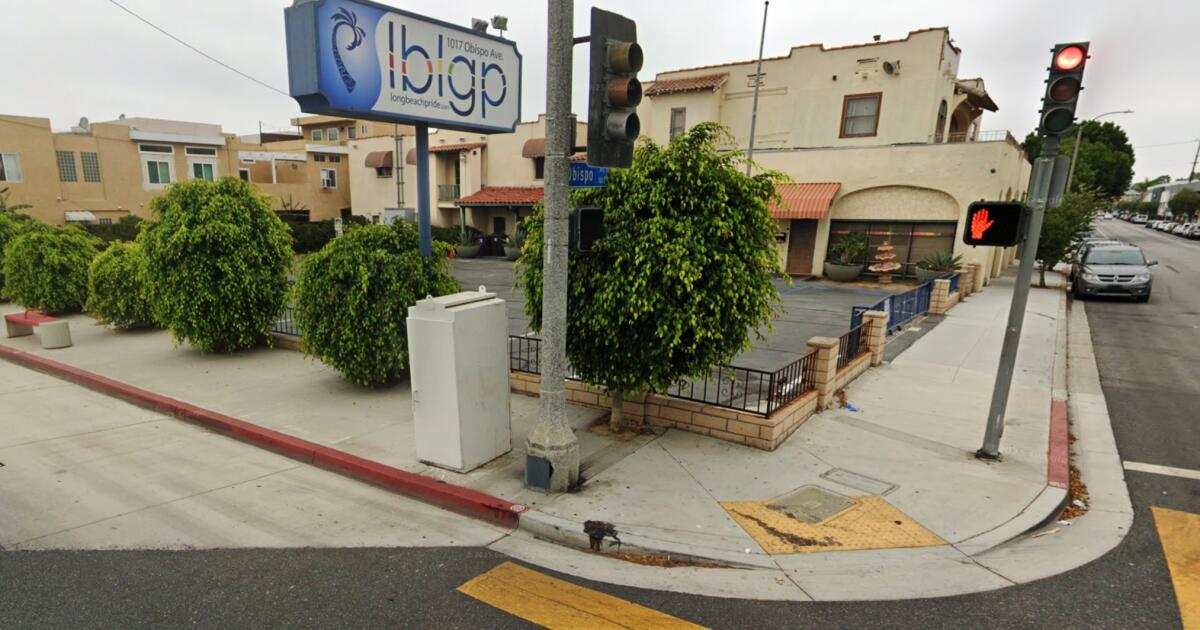A brand new paper by Michael Inexperienced, A Plea for Personal Worldwide Regulation (Battle of Legal guidelines), was just lately revealed as an Essay within the Notre Dame Regulation Assessment Reflection. Michael argues that though non-public worldwide regulation is more and more necessary in our interconnected world, it has fallen out of favor at prime U.S. regulation faculties. To cite from the Essay:
Personal worldwide regulation has not misplaced its jurisprudential import. And ease of journey, communication, and commerce have solely elevated within the final century. However in American regulation faculties (though not overseas), non-public worldwide regulation has began dropping out of the curriculum, with the pattern accelerating within the final 5 years or so. We have now gone by means of US Information and World Report’s fifty top-ranked regulation faculties and, after cautious overview, it seems that twelve haven’t provided a course on non-public worldwide regulation (or its equal) within the final 4 educational years: Arizona State College, Boston College, Brigham Younger College, Fordham College, College of Georgia, College of Minnesota, The Ohio State College, Pepperdine College, Stanford College, College of Southern California, Vanderbilt College, and College of Washington. And even the place the course is taught, in some regulation faculties—akin to Duke, New York College, and Yale—it’s by guests, adjuncts, or emerita. It’s not a valued topic in school hiring.
I couldn’t agree extra. Nor am I alone. Though Michael did the majority of the analysis and writing for the Essay, he shared credit score with quite a lot of students who endorse the arguments set forth therein. This listing of credited co-authors contains:
Lea Brilmayer (Yale Regulation College)John Coyle (College of North Carolina College of Regulation)William S. Dodge (George Washington College Regulation College)Scott Dodson (UC Regulation San Francisco)Peter Hay (Emory College of Regulation)Luke Meier (Baylor Regulation College)Jeffrey Pojanowski (Notre Dame Regulation College)Kermit Roosevelt III (College of Pennsylvania Carey Regulation College)Joseph William Singer (Harvard Regulation College)Symeon C. Symeonides (Willamette College School of Regulation)Carlos M. Vázquez (Georgetown College Regulation Middle)Christopher A. Whytock (UC Irvine College of Regulation)Patrick Woolley (College of Texas College of Regulation).
Along with his empirical findings in regards to the declining position of Battle of Legal guidelines within the U.S. regulation faculty curricula, Michael seeks to elucidate exactly why the category issues a lot and why it has fallen out of favor. He argues convincingly that a part of the decline could also be attributed to poor branding:
We suspect that a part of the issue is that many American regulation professors and regulation faculty directors are unaware that battle of legal guidelines is non-public worldwide regulation. One among us is an editor of a quantity on the philosophical foundations of personal worldwide regulation, and in dialog a number of regulation professor pals (we gained’t title names) instructed him that they weren’t conscious that he labored on non-public worldwide regulation, though they knew that he labored on conflicts. Reintroducing conflicts to the regulation faculty curriculum could be as easy a matter as rebranding the course to make its reference to worldwide regulation clear, as Georgetown has completed.
He additionally considers—and rightly rejects—the notion that that is an space about which practising attorneys can simply educate themselves. To cite once more from the Essay:
One other argument that the disappearance of conflicts from the regulation faculty curriculum isn’t an issue is {that a} practitioner can establish a choice-of-law difficulty and stand up to hurry on the related regulation in brief order. The reality, nonetheless, is that one is unlikely to acknowledge a choice-of-law difficulty with out having taken conflicts. We have now typically been shocked at how regulation professors with no conflicts background (once more, we aren’t naming names) will make questionable choice-of-law inferences in the midst of an argument, based mostly on nothing greater than their a priori intuitions. They look like unaware that there’s regulation—and regulation that differs markedly as one strikes from one state or nation to a different—on the matter. One can acknowledge a choice-of-law difficulty solely by understanding what is feasible, and somebody who has not taken conflicts won’t know the universe of prospects.
The Essay incorporates a number of further insights that can (fingers crossed) assist to reinvigorate the sector of personal worldwide regulation in america. Anybody with an curiosity in conflicts (or non-public worldwide regulation) ought to learn it. It may be downloaded right here.
A model of this publish additionally seems at Transnational Litigation Weblog.






















